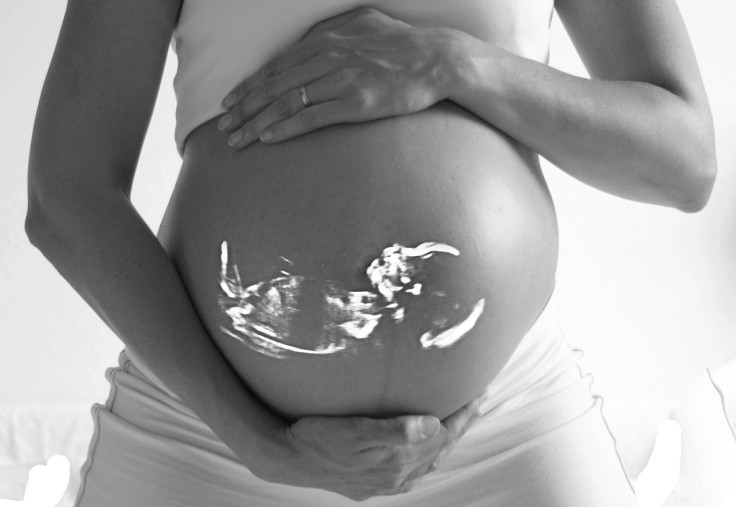Domestic Abuse During Pregnancy May Actually Impact Babies' Brains: Study
KEY POINTS
- Researchers scanned the brains of more than 140 babies
- Those whose moms experienced violence during pregnancy had altered brain structures
- Maternal exposure to intimate partner violence was linked to a smaller amygdala in baby girls
Some women experience domestic abuse even during pregnancy. This may have an impact on their babies' brains, a study has found.
In a study, published in the journal Developmental Cognitive Neuroscience, a team of researchers looked at whether intimate partner violence (IPV) during pregnancy affects the brain structure of the babies in the uterus.
"Maternal psychological distress during pregnancy has been linked to adverse outcomes in children with evidence of sex-specific effects on brain development," the researchers wrote.
To shed further light on the matter, they scanned the brains of 143 South African infants at a mean age of just three weeks old. Among the mothers, 63 were exposed to IPV in the past 12 months, while 80 did not face any such violence.
The researchers found that exposure to IPV was associated with alterations in the young babies' brain structures. The changes would likely have occurred while the babies are still inside the womb, the University of Bath noted in a release. The changes were quite evident even after the researchers accounted for mothers' smoking and alcohol use during pregnancy.
Interestingly, the impacts differed depending on the babies' sex. Maternal exposure to IPV was linked to smaller amygdalae in girls, but that was not the case in boys. On the other hand, it led to a larger caudate nucleus in boy babies.
The amygdala is a part of the brain that's said to be the "center for emotions, emotional behavior and motivation," while the caudate nucleus "plays a critical role in various higher neurological functions."
The results potentially add to the information on why children of moms who experienced high levels of stress during pregnancy are said to be more prone to psychological issues later in life. Furthermore, the difference possibly sheds light on why males and females tend to develop different mental health issues.
The children in the study are now eight and nine years old. Further analysis will see whether or not the changes have persisted as they aged.
"Our findings are a call to act on the three R's of domestic violence awareness: recognize, respond, and refer," study lead Dr. Lucy Hiscox, of the University of Bath, said in the release. "Preventing or quickly acting to help women escape domestic violence may be an effective way of supporting healthy brain development in children."
It is estimated that one in three women worldwide has experienced either physical and/or sexual IPV or non-partner sexual violence, according to the World Health Organization (WHO). In terms of IPV, this can be in the form of physical aggression, sexual or psychological harm, sexual coercion or controlling behaviors by an intimate partner or ex-partner.
"Violence against women – particularly intimate partner violence and sexual violence – is a major public health problem and a violation of women's human rights," noted the WHO. "The health sector has an important role to play to provide comprehensive health care to women subjected to violence, and as an entry point for referring women to other support services they may need."

© Copyright IBTimes 2025. All rights reserved.






















